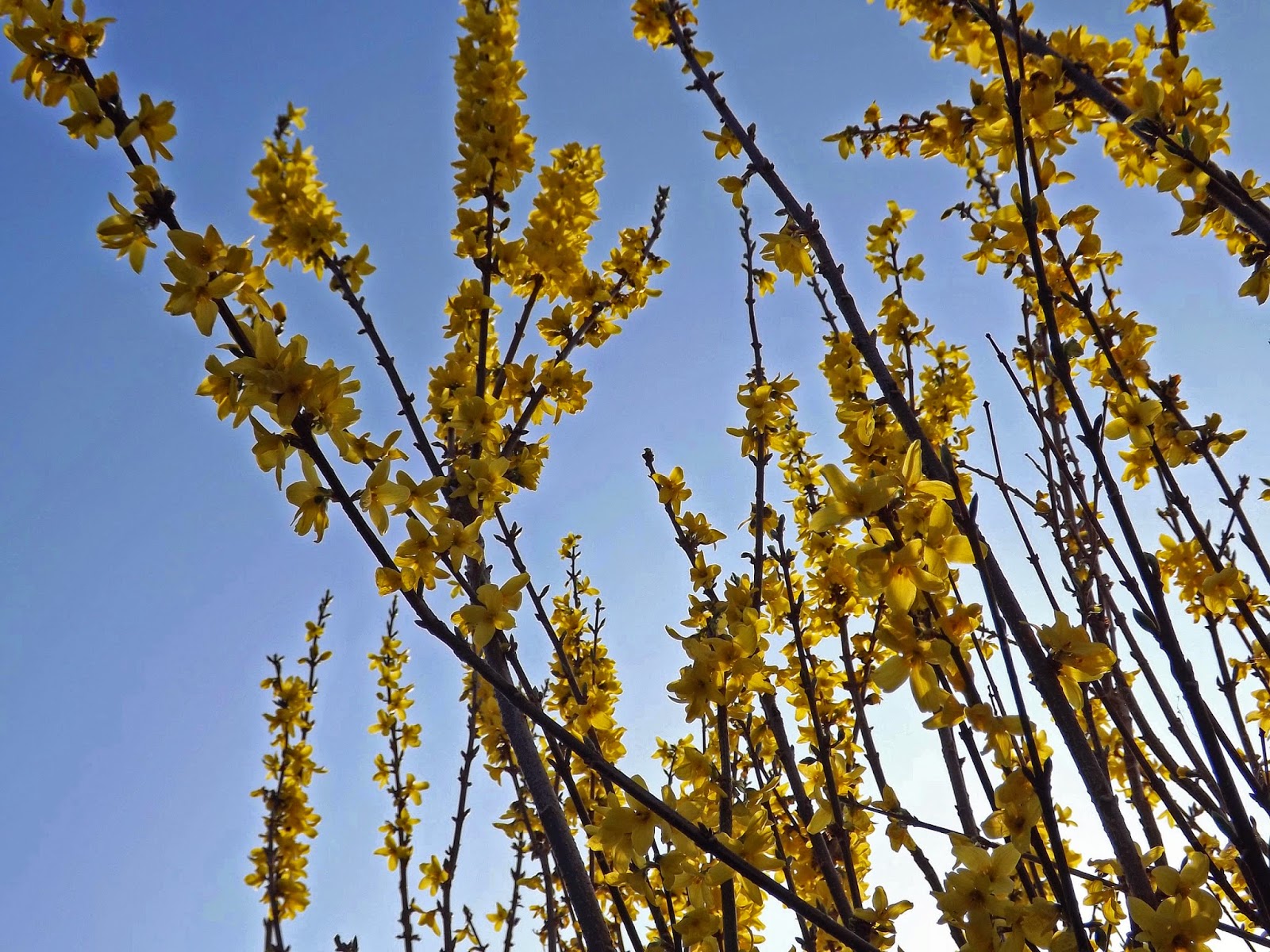To Bee or Not To Bee
One in 3 mouthfuls of the food we eat is dependent on pollination at a time when a crisis is threatening the world's bees. Its worrying that bees are in such danger due to current farming practices (use of harmful chemicals and destruction of habitats) and also the threat of disease to already weakened bees.
All is not lost though as there are plenty of things we can do and even if we can not become beekeepers ourselves, we can make our gardens "bee friendly" by planting lots of pollen and nectar rich plants, provide bee "hotels" where solitary bees can lay their eggs and hibernate in the winter or even adopt a hive. There are some useful links at the end of this item.
I've been fascinated by bees for a while now and am also considering becoming a beekeeper myself, but there's a lot to learn before I eventually take the plunge. Yesterday, however, we took the first step and attended a day long introduction to bee-keeping course with our local wildlife trust http://www.wildlifetrusts.org/
We had hoped to put the suits on and have a little more practical experience than we had, but the weather was too cool to lift off the roof of the hive - although it was good to see that at least it wasn't raining and the bees considered it warm enough to venture out from the hive and were managing to make it back with lots of lovely yellow pollen on their legs!
small beehive
Our tasks now are to make our garden even more bee-friendly than it already is and to learn more about the art of beekeeping by joining a local beekeeping society and increasing our knowledge, experience and confidence so that, perhaps next year, we may be able to introduce a hive of our own.
The first step, this afternoon, I will be sowing some borage seeds - bees absolutely love this plant but I don't think slugs and snails do because the stems and leaves are a bit hairy! The flowers are edible so can also be used decoratively in summer foods and drinks.
Here are some useful bee links:
http://www.bbka.org.uk/ (British Beekeepers Association)
http://www.co-operative.coop/Plan-Bee/ (the Co-op's Plan Bee campaign)
(Friends of the Earth - Bee Cause)



Comments
Post a Comment